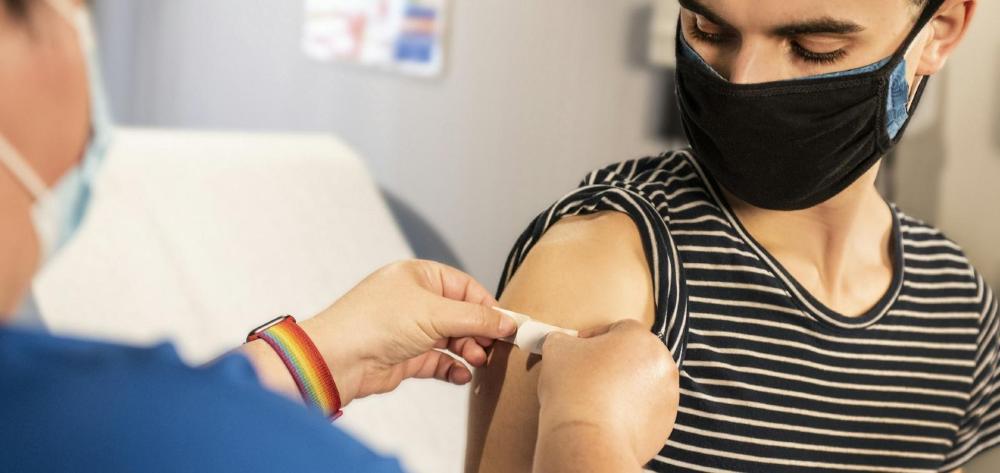
United Nations 20.8% of European teenagers reluctance to vaccinationwith important differences between countries, according to a Collection studio published in the magazine BMC Public Health Led by the Institute of Global Health of Barcelona (ISGlobal) and the Institut de Recerca Sant Joan de Deu (IRSJD). The research, carried out in collaboration with young people and parents of Italy, Portugal, Poland and Spain, has identified the main factors that explain this reticence, as Fear of side effects of vaccines And the distrust of government recommendations.
The purpose of this study was to evaluate the prevalence of reticence to vaccination and the factors associated in European adolescents and parents, within the framework of the Science4pandmic projectS (S4P), financed by EIT Health. To do this, they were made Transversal of two surveys: One with 1,135 fathers and mothers of children under 18, using the Pacv standardized questionnaire (parents’ attitudes about children’s vaccines), and another with 1,877 adolescents between 12 and 17 years, adapting the same questionnaire.
Spain, one of the lowest reluctance rates to vaccination in Europe
The study reveals that a 20.8% of adolescents participating presenters reluctance to vaccination. This figure varies between countries: Spain records a prevalence of 12.5%While Poland reaches 31.6%. This figure is very similar to that of the parents, which is 20.4%. The main cause of this reluctance is Fear of side effects of vaccinesCited by 56.1% of adolescents and 51.9% of parents. In addition, both adolescents of adolescents parents express distrust of government recommendationswith 22% and 22.8% respective pointing out this reason. Among the causes mentioned below among young people, there is the belief that previous infections for vaccines are not tombs (8.4%) and the perception of low probability of wax (8.4%). On the other hand, fathers and mothers highlight economic barriers (10.9%) and the belief that prior infections are not serious (10.4%).
«Eros results suggest that Decrease in vaccination coverage in Europe Could be more related to Misunderstandings about the efficacy and safety of vaccines That with economic or access to the health system, ”he says Pere Millat-MartínezIslobal researcher and first author of the article. “Therefore, it is urgent to improve public health strategies to address reticence to vaccination and guarantee optimal vaccination coverage.
Likewise, the authors emphasize that adolescents should be a key in awareness campaigns, using mass media and school -based initiatives to encourage vaccine confidence in this age group.
«It is necessary Strengthen communication and education strategies About the immunizon, special by adolescents and their families. Disinformation about vaccines and the influence of social networks are key factors that must be addressed to improve vaccination rates and reduces reluctance, «he concludes Begonya NafriaCoordinator of the Patient Participation Area in IrsjD Research and Researcher Director of the S4P Project.






